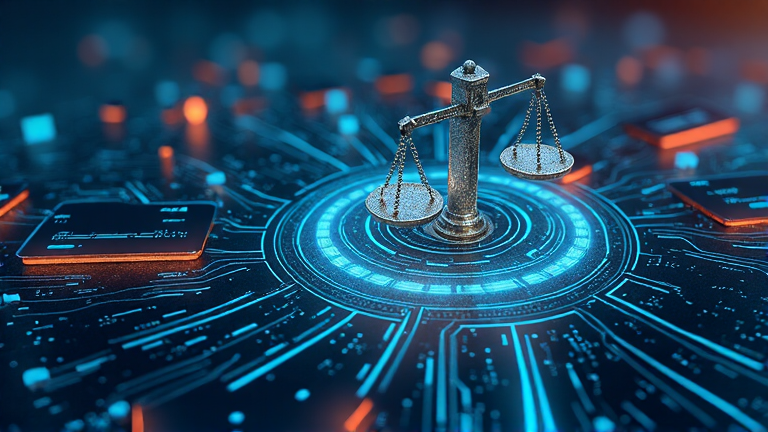
The Stark Warning from a Tech Visionary
Eric Schmidt, the former CEO of Google and a veteran of Alphabet from 2001 to 2017, has raised alarm bells about the potential for artificial intelligence to be misused in ways reminiscent of historic terror attacks. In a candid discussion with the BBC on the Today programme, Schmidt voiced his concern that AI could be weaponized, describing a scenario akin to an "Osama Bin Laden" situation where evil actors might harness technology to inflict mass harm.
Extreme Risks and Misuse
Schmidt emphasized that the fears surrounding AI extend far beyond common worries. He warned that nations such as North Korea, Iran, and even Russia could exploit AI to develop biological or other high-impact weapons. The former tech leader noted:
- Governments must maintain oversight without stifling innovation.
- The rapid pace of AI development means that rogue states or non-state actors could harness the technology before effective countermeasures are in place.
He supported existing US export controls on microchips that power top-tier AI systems and acknowledged that while regulations are essential, overly strict controls might dampen the innovative spirit of the private sector.
Government Oversight vs. Over-Regulation
In a sector largely driven by private companies, Schmidt argued for a balanced approach to regulation. He stated, "The AI revolution, which is the most important revolution since electricity, is not going to be invented in Europe if over-regulated." This perspective underlines the need for collaborative oversight, ensuring that technological progress continues while minimizing risks of misuse.
A Parallel Concern: Protecting the Next Generation
Beyond the realm of AI and national security, Schmidt shared his apprehensions regarding technology's impact on children. Reflecting on his tenure when Google acquired Android, he now champions measures to reduce smartphone exposure in schools. Key points include:
- Smartphones could be safe for children if their access is moderated appropriately.
- Children's digital interactions should be strictly regulated to shield them from the potential harms of uncontrolled social media and online platforms.
Campaigns advocating controlled smartphone usage highlight concerns about addiction and distraction from developmental activities, a trend that some governments are already acting upon. For instance, Australia's recent law banning social media for minors under 16 underscores a proactive approach to protecting young minds from digital abuse.
Conclusion
The insights shared by Eric Schmidt serve as a critical reminder of the dual-edged nature of modern technology. On one hand, AI promises transformative progress; on the other, it carries profound risks if left unchecked. Balancing technological innovation, regulatory oversight, and societal protection remains the challenge as we navigate the evolving digital landscape.
Note: This publication was rewritten using AI. The content was based on the original source linked above.